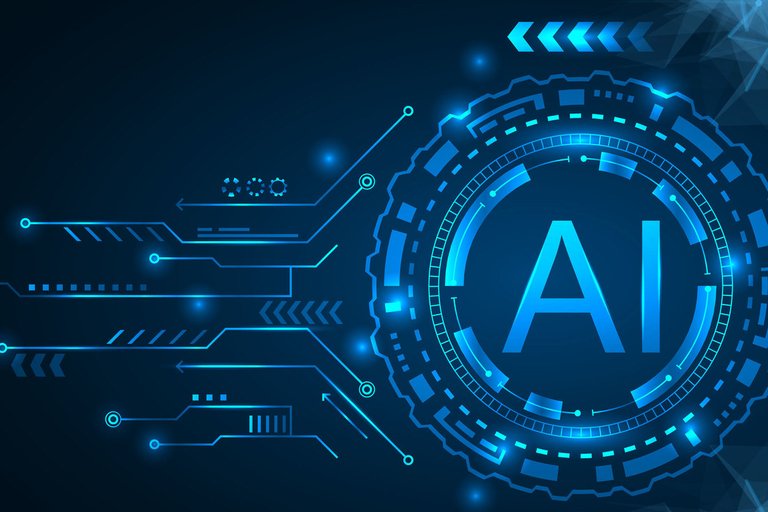Python Background
Python was conceived in the late 1980s by Guido van Rossum at Centrum Wiskunde & Informatica (CWI) in the Netherlands as a successor to the ABC language (itself inspired by SETL), capable of exception handling and interfacing with the Amoeba operating system. Its implementation began in December 1989.
Python is an interpreted, high-level, general-purpose programming language. Created by Guido van Rossum and first released in 1991, Python's design philosophy emphasizes code readability with its notable use of significant whitespace. Its language constructs and object-oriented approach aim to help programmers write clear, logical code for small and large-scale projects
Src
Why People use Python
This is one of the most frequently asked question why to use Python. Answer to this question is not so simple but the reasons people use python most is :
- Python is one of the top 10 popular programming languages of 2202.
- Python is a general-purpose and high-level programming language.
- You can use Python for developing desktop GUI applications, websites, and web applications.
- Also, Python, as a high-level programming language, allows you to focus on the core functionality of the application by taking care of common programming tasks.
- The simple syntax rules of the programming language further make it easier for you to keep the code base readable and application maintainable.
- Python has a rich library
- Python is an open-source language
- it is also object-oriented, easy to program
- Easy to learn
- It can be also used as frontend language
There are also a number of reasons why you should prefer Python to other programming languages.
Main Reasons Why To Use Python:
There are hundreds of reasons you can find on the internet why to use python. Five most basic reasons why to learn Python.

1- Readable and Maintainable Code
While writing a software application, you must focus on the quality of its source code to simplify maintenance and updates. The language structure rules of Python permit you to communicate ideas without composing extra code. Simultaneously, Python, in contrast to other programming dialects, stresses on code intelligibility and permits you to utilize English catchphrases rather than accentuations. Henceforth, you can utilize Python to assemble custom applications without composing extra code. The readable and clean code base will help you to maintain and update the software without putting extra time and effort.
2- Easy to learn
Python language comes with a lot of advantages but this is out of the charge. If you know how to write simple sentences in English grammar, Congratulations you can learn python within one month. Python is simple since it takes after the English language. There are not many guidelines and exceptional cases. It's sheltered to state that in Python the attention is on what you need to do with the code, not on language semantics. The syntax of the python is designed in such a way that new leaner, the user who don,t know how to write the code can easily understand the syntax of the python. The language structure of python is simple and justifiable. Like the different well-known dialects like C, C++, java and a lot more the grammar of the python is straightforward and less confounded, In python engineers don,t need to compose long codes.
3- Extensive Support Libraries
Support libraries Python comes with a large collection of prebuilt and portable functionality, known as the standard library. These libraries have a variety of user-level programming assignments, from content example coordinating to organize scripting. What's more, Python can be stretched out with both homegrown libraries and an immense assortment of outsider application bolster programming. Python’s third-party domain offers tools for website construction, numeric programming, serial port access, game development, and much more (see ahead for a sampling). The NumPy extension, for instance, has been described as a free and more powerful equivalent to the Matlab numeric programming system. It gives enormous standard libraries that incorporate regions like string tasks, Internet, web administration instruments, working framework interfaces, and conventions. The vast majority of the exceptionally utilized programming assignments are as of now scripted into it that restricts the length of the codes to be written in Python.
4- Artificial Intelligence (AI) and Machine Learning (ML).
Python has a rich library, it is also object-oriented, easy to program. It can be also used as a frontend language. That's why it is used in artificial intelligence (AI). Rather than AI it is also used in machine learning(ML).

What are AI and Ml?
Artificial Intelligence (AI) and Machine Learning (ML) are the new blacks of the IT industry. While discussions over the safety of its development keep escalating, developers expand abilities and capacity of artificial intellect. Today Artificial Intelligence went far beyond science fiction idea. It became a necessity. Being widely used for processing and analyzing huge volumes of data, AI helps to handle the work that cannot be done manually anymore because of its significantly increased volumes and intensity.
For example, AI is applied in examination to fabricate forecasts that can assist individuals with making solid procedures and search for progressively powerful arrangements. FinTech applies AI in speculation stages to do statistical surveying and foresee where to contribute assets for greater benefits. The heading out industry utilizes AI to convey customized recommendations or dispatch chatbots, in addition, to upgrade the general client experience. These examples show that AI and ML are used to process loads of data to offer better user experience, more personal and accurate ones.
5- Compatible with Major Platforms and Systems
Python programming is Compatible for Windows, Linux, Mac, Andriod, etc. At present, Python supports many operating systems. You can even use Python interpreters to run the code on specific platforms and tools. Also, Python is an interpreted programming language. It allows you to run the same code on multiple platforms without recompilation. Subsequently, you are not required to recompile the code in the wake of making any change. You can run the adjusted application code without recompiling and check the effect of changes made to the code right away. The feature makes it easier for you to make changes to the code without increasing development time.
